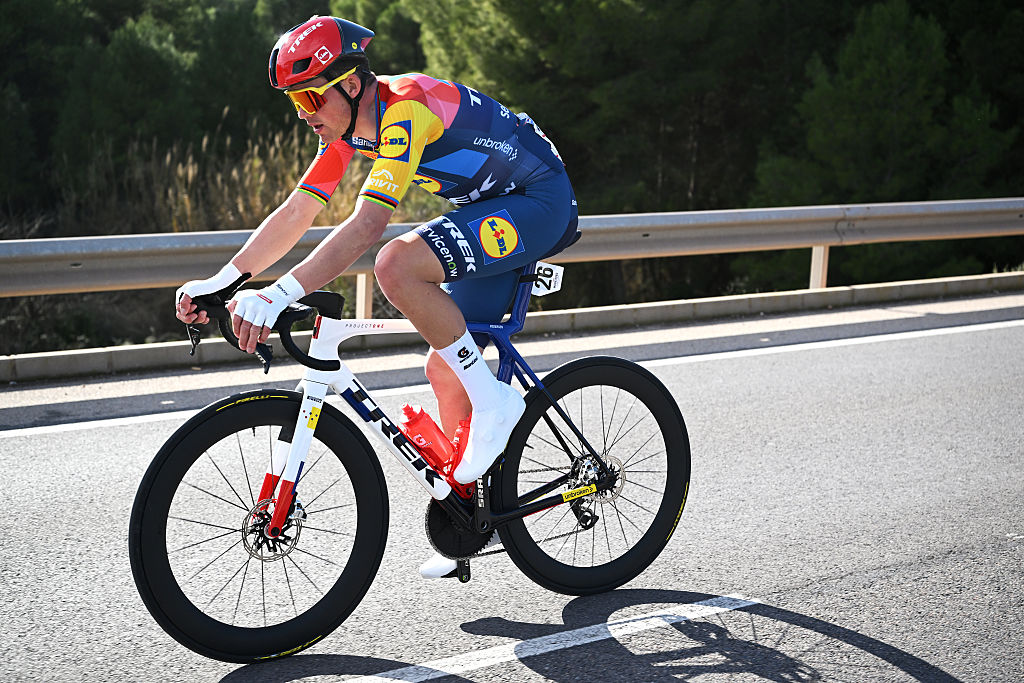Katusha to adopt international identity in 2016
Russian team to adopt more international stance to attract new fans
The latest race content, interviews, features, reviews and expert buying guides, direct to your inbox!
You are now subscribed
Your newsletter sign-up was successful
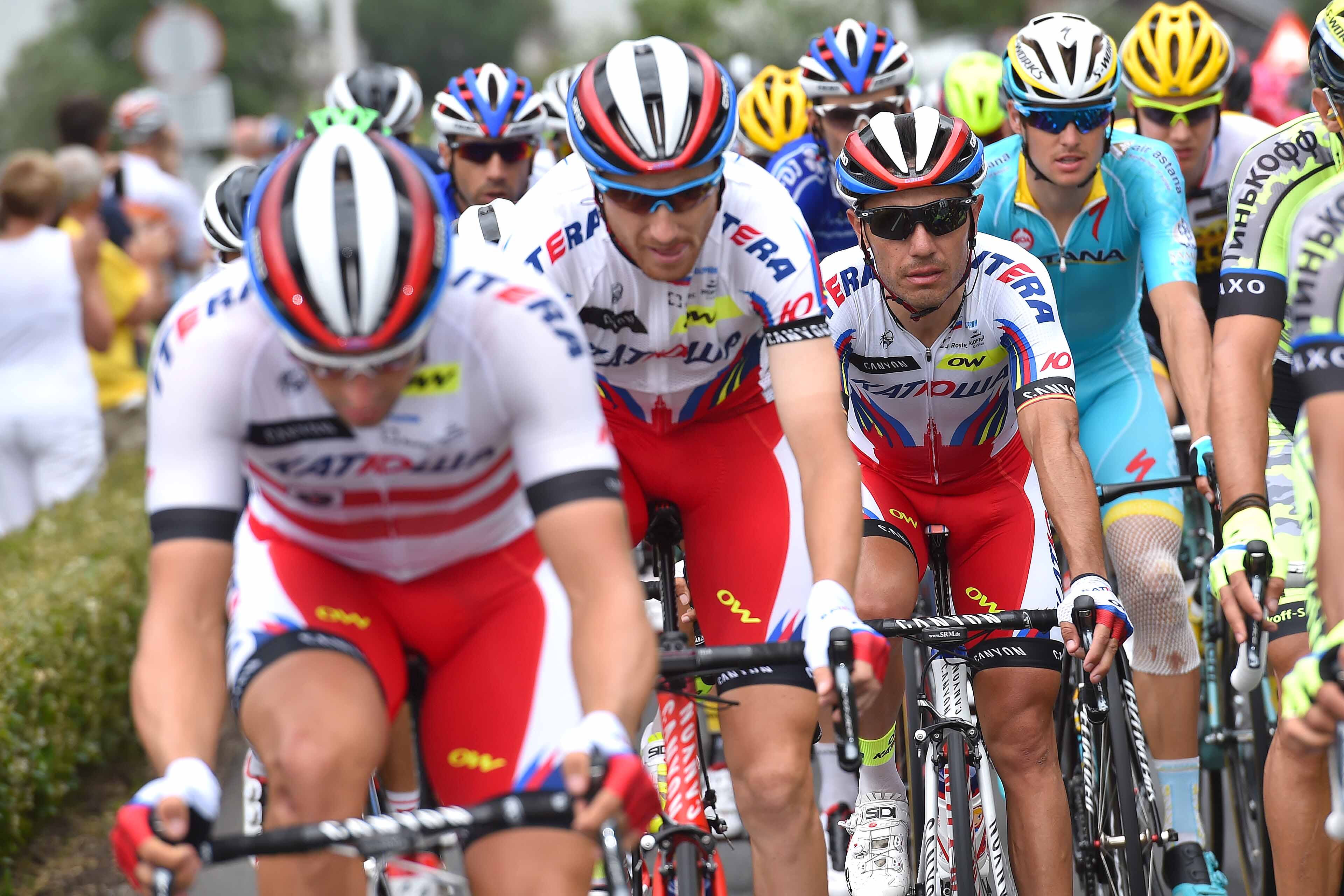
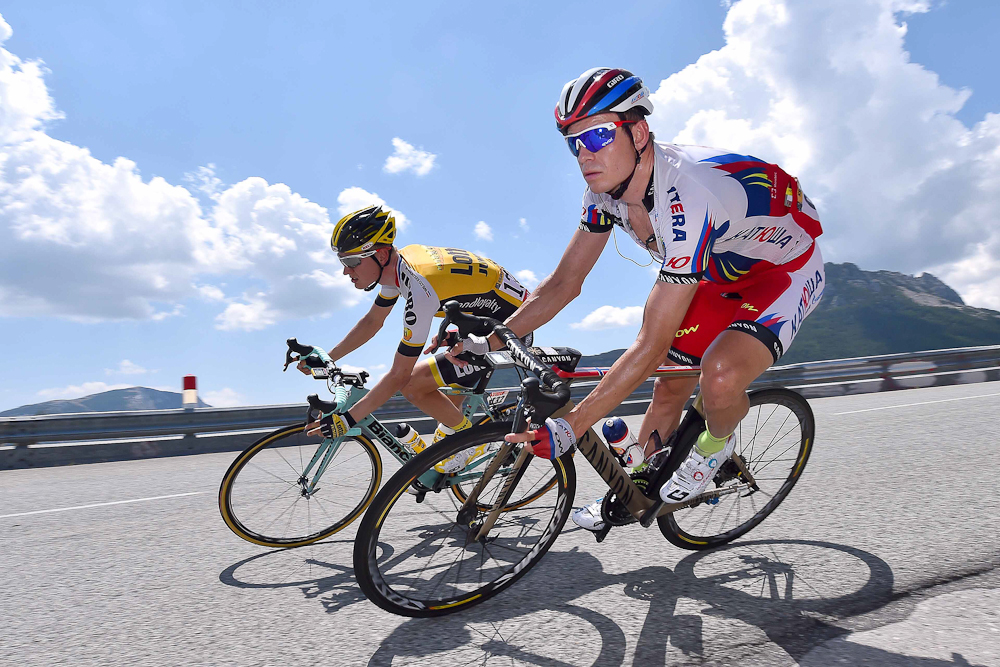
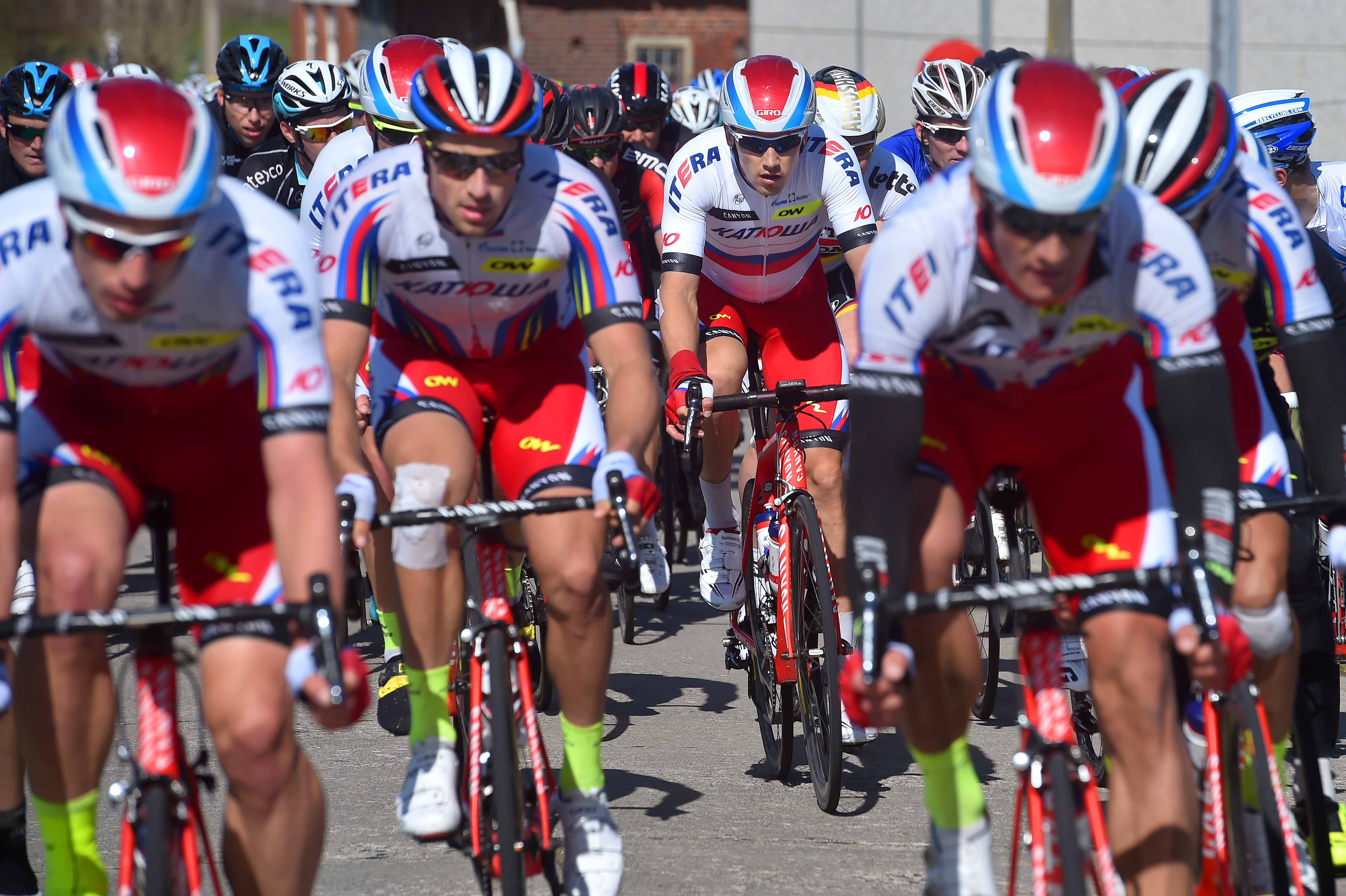
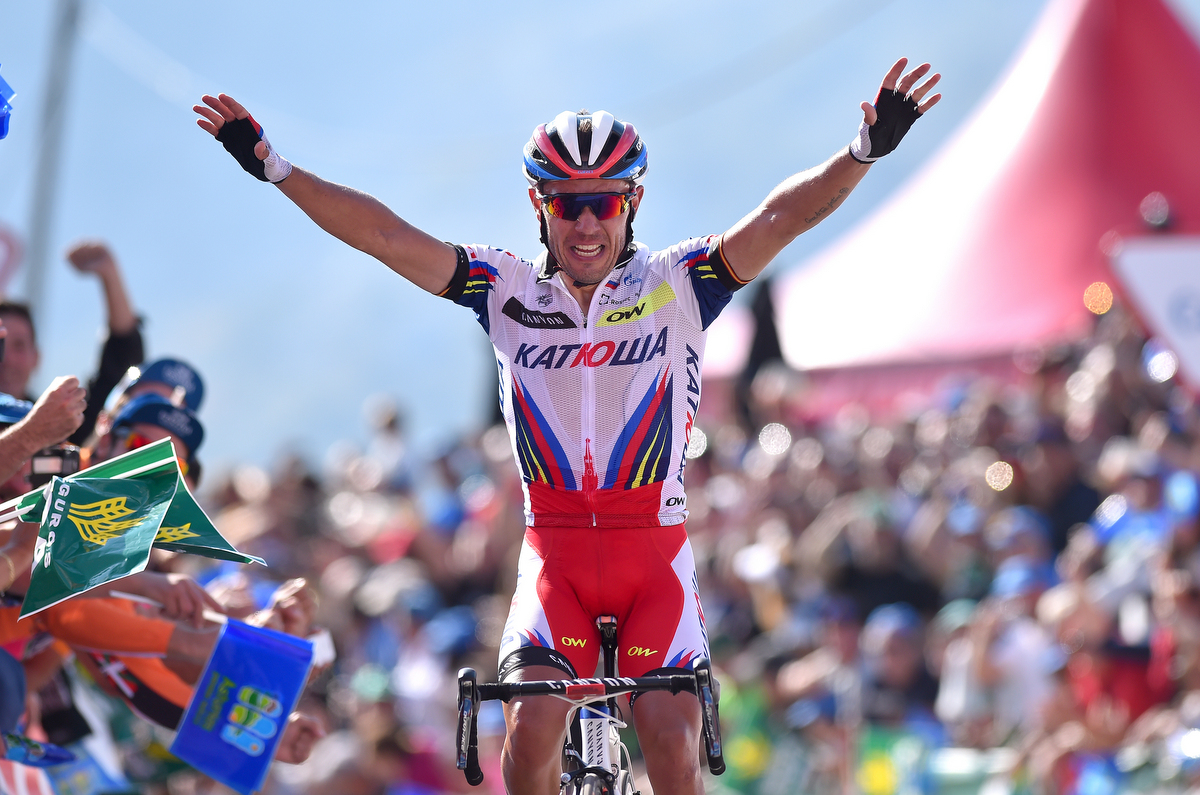
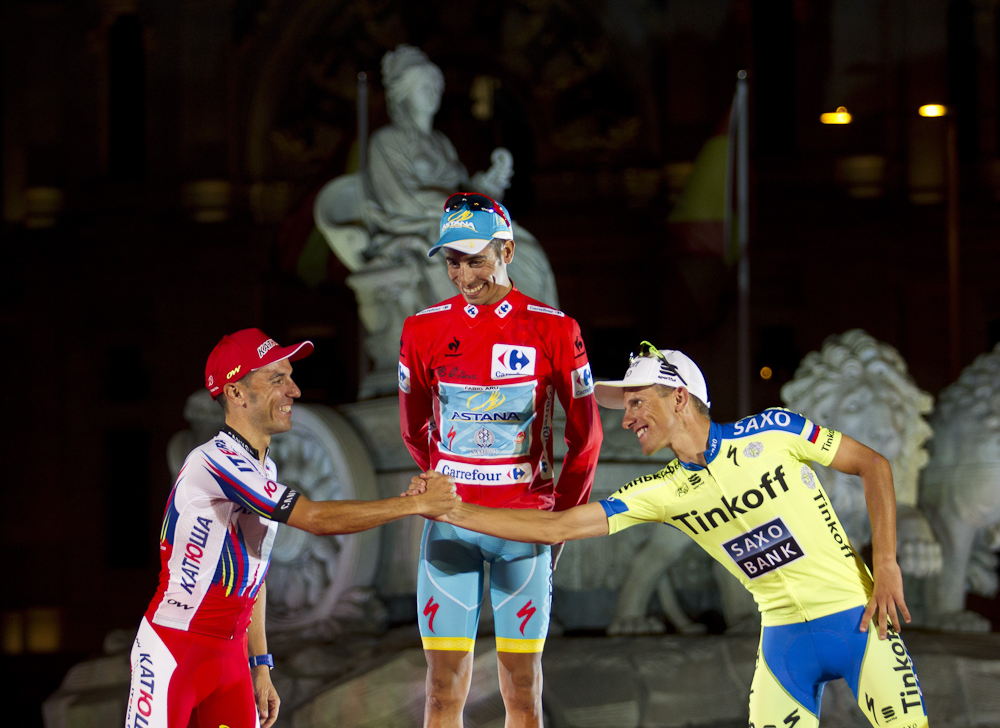
The Katusha WorldTour team will shift to a more cosmopolitan identity in 2016, in a bid to shed its reputation as a “closed” unapproachable team. The management hope the change will help it become less reliant on funding from its billionaire owner, Igor Makarov.
The team’s general manager Viatcheslav Ekimov told Cyclingnews: “We have respect in the worldwide peloton but what we need is more identity. From next year we’re going to change the conception a little, we’re going to be unique, get more sponsors and become a more international team.”
The team will still race as Katusha in 2016, but could pick up another headline sponsor the following season.
Makarov’s massive contributions to team funding will continue at the same level next year the team’s press officer, Philippe Maertens confirmed. However the move away from its Russian identity could help secure a major international sponsor for the future.
Katusha will also abandon its policy of preferential treatment for Russian riders if it can find another rider who is a better fit for the squad. For 2016, the team signed four international riders – including Belgian Jurgen Van den Broeck, the German Nils Politt and Colombian Jhonatan Restrepo. Only one Russian joined: Matvey Mamykin, from the team’s feeder squad. In 2016, there will be 14 Russians and 14 international riders on the team. Alexander Kristoff and Joaquim Rodriguez remain as team leaders for 2016.
Image problem
Maertens said the squad had suffered an image problem. “We’re not a sexy team,” he said. “Everybody is afraid of the Russians but there is really no need because they are nice guys…but they have the kind of image that the East Europe guys are a bit closed.”
The latest race content, interviews, features, reviews and expert buying guides, direct to your inbox!
Maertens said the team would also try to commercialise the Katusha brand with the long-term objective of reducing the team’s reliance on Makarov’s funding. “We want the team to be around in the long term,” said Maertens.
Katusha was established in 2009, with the tagline of being the Russian Global Cycling Project, with a mission to prepare Russian riders for the 2016 Rio Games.
Ekimov insisted that the new internationalisation programme began in the spring and wasn’t triggered by the scandal that has enveloped Russian athletics in recent weeks.
Katusha has just ended its most successful season. The team finished second in the UCI WorldTour rankings and took 40 victories – a big increase on its historic annual average of 20 wins a season.
The re-designed Katusha jersey will be unveiled at the team’s pre-season launch on 12 December in Calpe, Spain.

